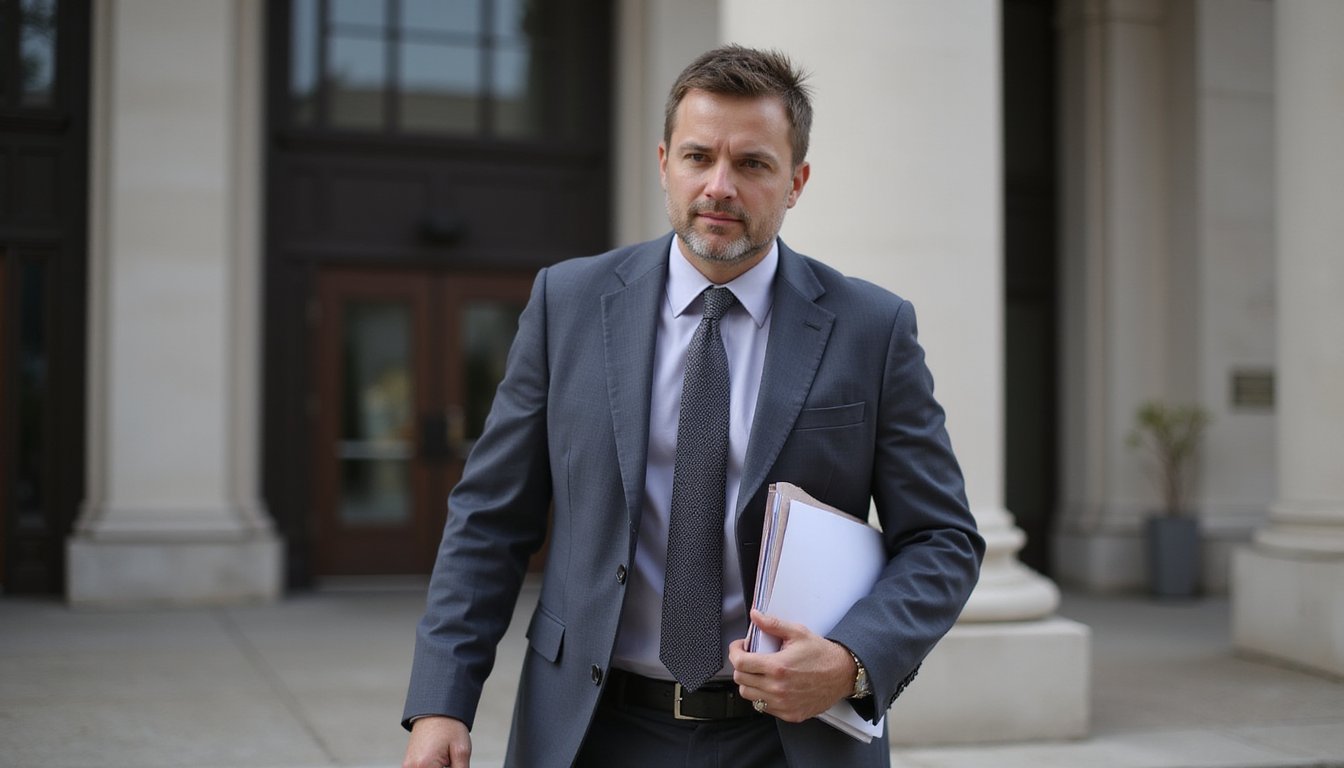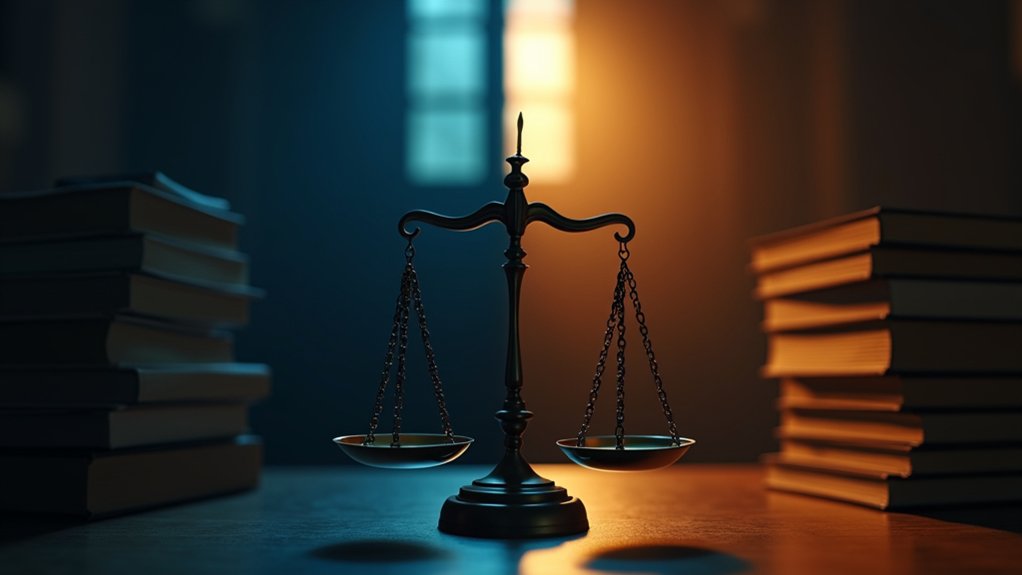
How Does a Criminal Defense Lawyer Handle Domestic Violence Cases and Build a Defense Strategy?
Criminal defense lawyers use strategic tactics to challenge domestic violence charges, but one overlooked defense approach could change everything.
Protect your rights, contact us today!

Criminal defense lawyers use strategic tactics to challenge domestic violence charges, but one overlooked defense approach could change everything.

Accused of domestic violence? These 10 powerful defense strategies could mean the difference between conviction and freedom.

If your landlord is trying to evict you, these five powerful legal defenses could be your key to staying.

Not every possession charge sticks, discover how proving innocent possession could be your strongest defense strategy.

Building a strong constructive possession defense requires understanding the key weaknesses prosecutors often overlook, discover what could change your case.

Overcome trespassing claims by proving you’ve legally acquired title, but meeting all five strict elements requires evidence most claimants overlook.

Master these 7 proven legal defense strategies that could get your drug possession charge dismissed, but only if you act fast.

The Georgia Family Violence Act offers powerful legal protections you may not realize you qualify for, discover what safeguards await.

Outsmart your abuser and reclaim your safety with these five critical legal steps that could change everything for your

Get the legal shield you need to stop an abuser in their tracks, but timing and proper filing make all the

Our guide explains how Georgia’s Family Violence Act shields victims and the crucial protections you might be missing.

Just experienced domestic violence and need legal protection from your abuser? Discover how an injunction can safeguard you.

The Georgia Family Violence Act offers powerful protective orders that could change everything, but knowing which one fits your situation matters.

Navigate Georgia’s Family Violence Protective Order process with confidence, discover the crucial filing steps that could determine your case’s outcome.

Safeguarding your freedom in 2026 requires understanding how defense law protections have evolved, but one critical change could reshape everything.

Discover how Georgia’s 2026 self-defense laws protect you, but one critical mistake could turn your justified actions into a felony.

Discover how self-defense laws vary dramatically across states, and why knowing your local rules could make all the difference.

Owning a firearm for self-defense is federally protected, but one overlooked legal detail could change everything about your rights.

Owning a business exposes your personal assets to risk, unless you understand the legal shield that could change everything.

Knowing what liability protection covers after equipment failure could save your business, but one critical exclusion might leave you exposed.